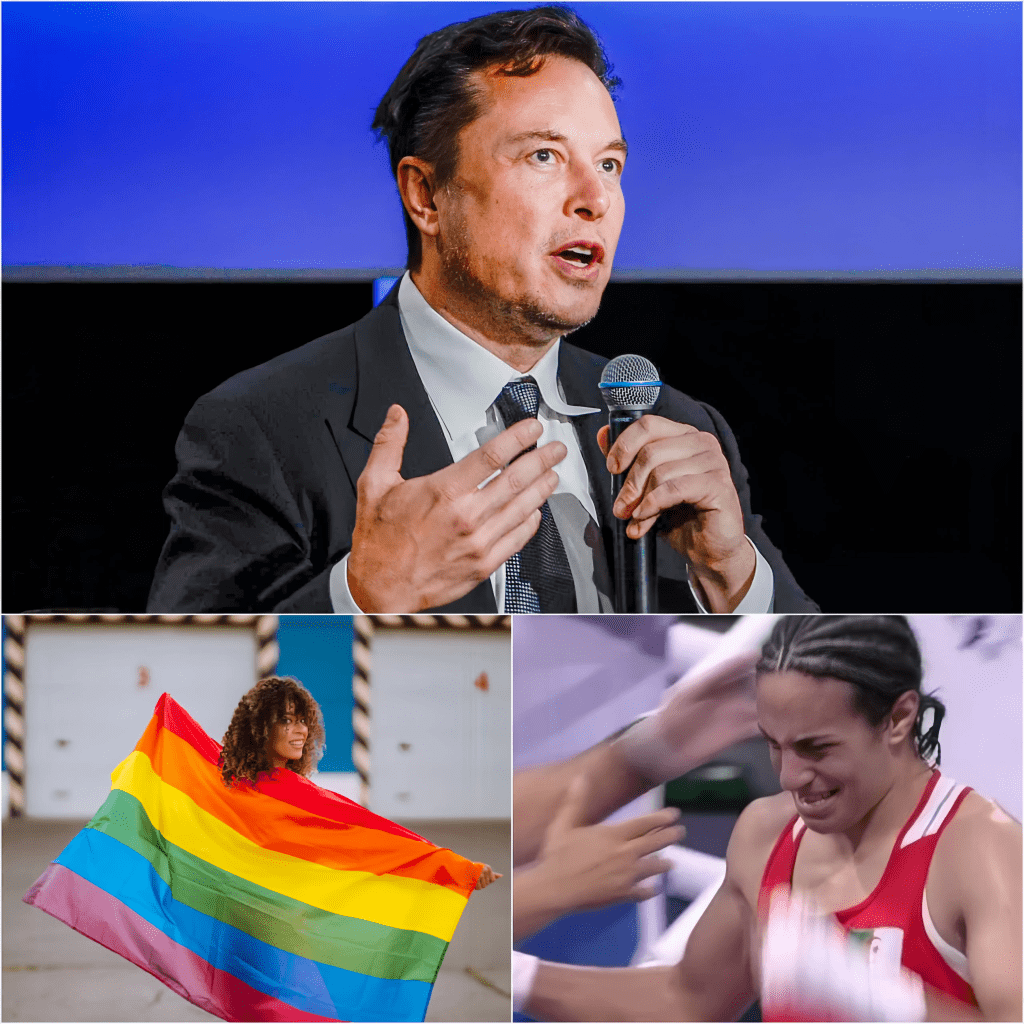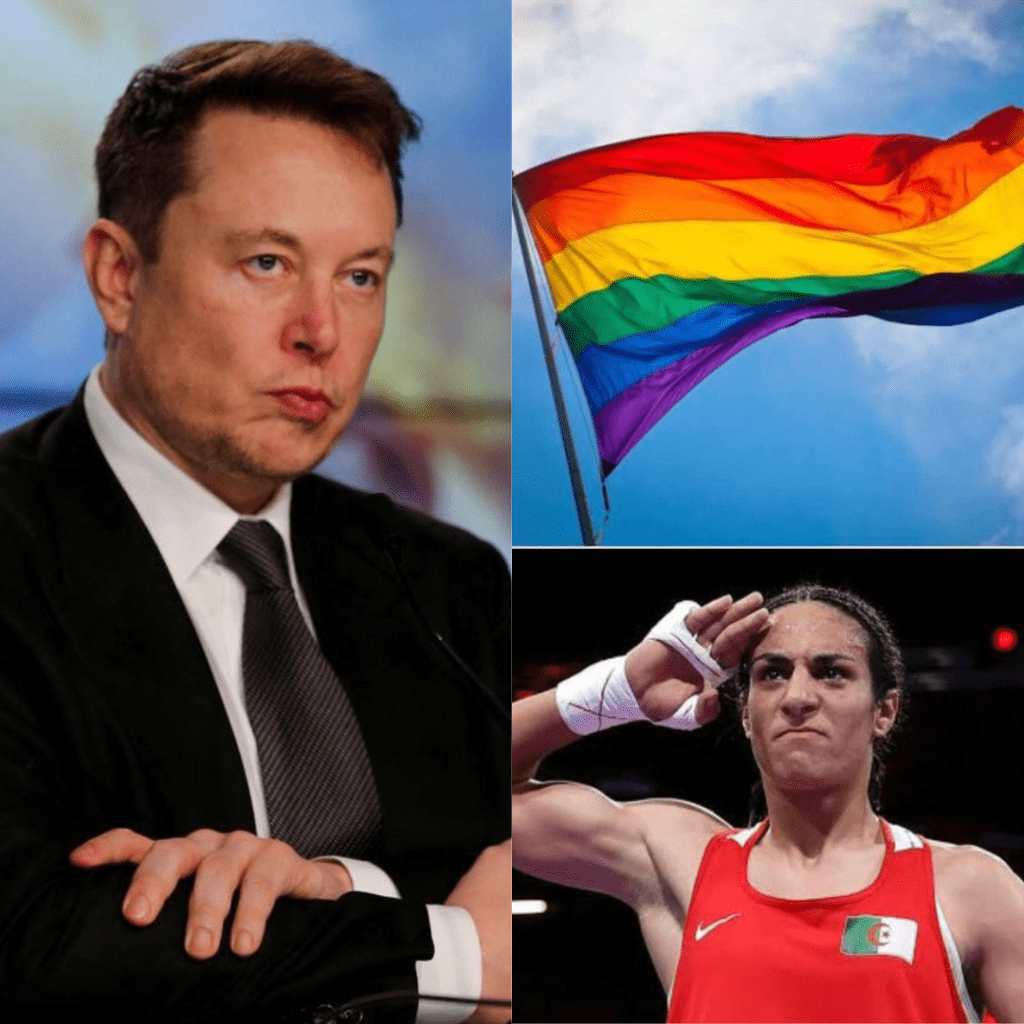In a recent turn of events, tech mogul Elon Musk has become the center of a heated controversy following a satirical article falsely attributing a statement to him. The article claimed Musk declared, “Pride flags should be banned from classrooms, forever!” This fictitious statement has since been debunked, with fact-checkers confirming its satirical origins.
The satirical piece, which gained significant traction online, also fabricated an incident involving Musk and Algerian boxer Imane Khelif at the 2024 Olympics. It alleged that Musk snubbed Khelif during the event, further fueling the controversy. However, there is no factual basis for these claims, and they have been dismissed as fictional narratives.

Despite the satirical nature of the original article, the misinformation spread rapidly across social media platforms, leading to widespread debates about LGBTQ+ representation in educational settings and the responsibilities of public figures in such discussions. Many individuals, unaware of the article’s satirical intent, expressed outrage or support based on the fabricated statements.
In reality, there is no evidence to suggest that Musk made any such declarations regarding pride flags in classrooms or had any interaction with Khelif during the Olympics. The incident serves as a reminder of the importance of verifying information before accepting it as truth, especially when it originates from satirical or non-credible sources.

The rapid dissemination of this false narrative highlights the challenges posed by misinformation in the digital age. It underscores the need for critical consumption of news and the verification of sources to prevent the spread of unfounded claims.

As the dust settles, it’s evident that the controversy was built on a foundation of satire and misinformation. This episode serves as a cautionary tale about the potential consequences of unchecked information and the vital role of fact-checking in public discourse.



